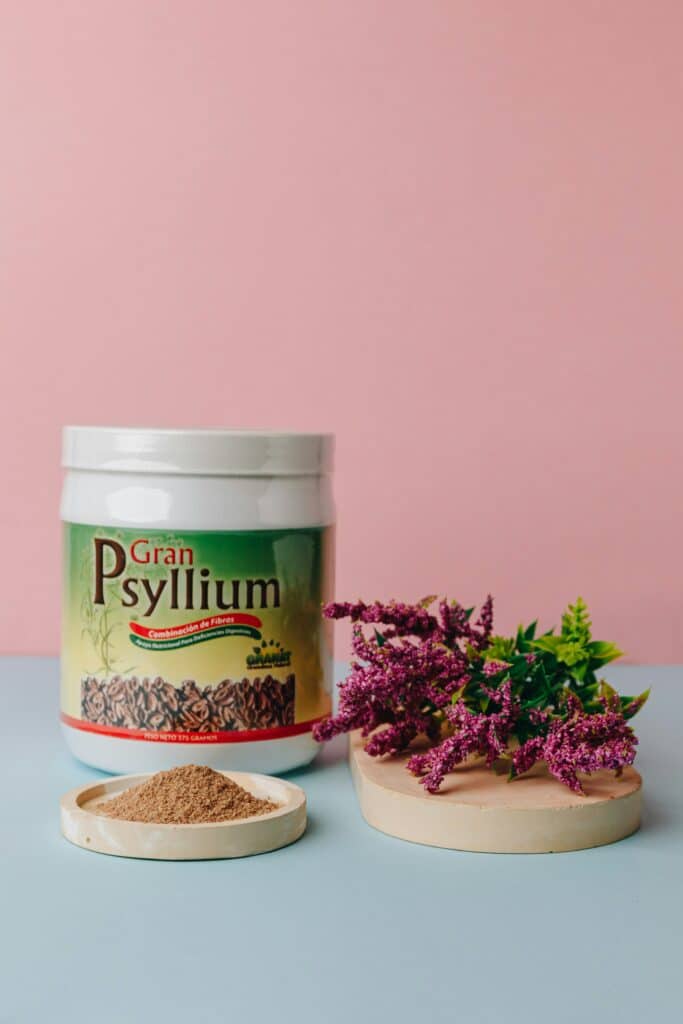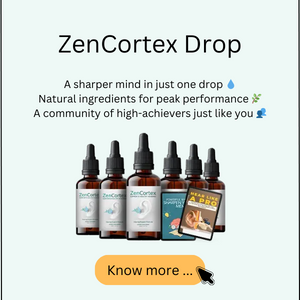Salmonella Contamination in Psyllium Fiber Supplements
Psyllium husk, a popular dietary fiber supplement derived from Plantago ovata seeds, is widely used for digestive health and cholesterol management. However, recent incidents highlight significant contamination risks that threaten consumer safety, particularly from Salmonella and heavy metals like lead.
Salmonella Outbreaks
In 2021, Denmark experienced a severe Salmonella outbreak linked to psyllium supplements, resulting in 33 illnesses, 19 hospitalizations, and three deaths. The outbreak strain was traced to Husk brand capsules, with contamination confirmed in products recovered from patients’ homes. Those affected, ranging from ages 2 to 92, included immunocompromised individuals using psyllium for pre-existing gastrointestinal conditions, potentially masking early symptoms of infection. This incident marked the first documented case of a herbal supplement causing a Salmonella outbreak in Denmark, prompting international recalls across Scandinavia.
Heavy Metal Contamination
Beyond pathogens, lead contamination is prevalent in psyllium products. Independent testing of nine supplements found lead in all samples, with four exceeding safety thresholds. One product contained 38.7 mcg of lead per maximum daily serving, over 60 times California’s Proposition 65 warning level. Lead accumulates in the body and poses long-term neurological and cardiovascular risks, though manufacturers often attribute its presence to environmental pollution during cultivation.
Why Psyllium Is Vulnerable
Several factors increase contamination risks:
- Agricultural Sourcing: Psyllium plants absorb heavy metals like lead and arsenic from soil, while exposure to animal feces or contaminated water may introduce Salmonella.
- Processing Gaps: Unlike pharmaceuticals, psyllium husk lacks sterilization during grinding or encapsulation. Its powder form provides an ideal environment for pathogens to persist.
- Consumer Vulnerability: Typical users include elderly or immunocompromised individuals managing chronic digestive issues, who face higher risks of severe outcomes from infections.
Regulatory and Consumer Responses
Authorities now emphasize stricter screening:
- Manufacturers must test raw materials for pathogens and heavy metals, with recalls initiated at the first sign of contamination.
- Consumers should discard recalled lots immediately, verify third-party safety certifications (e.g., NSF, USP), and store supplements in cool, dry conditions to prevent microbial growth.
While psyllium retains proven benefits for heart and digestive health, these incidents underscore that “natural” sourcing does not guarantee safety. Robust quality control remains critical for protecting high-risk populations.
Source link
Share this article:



